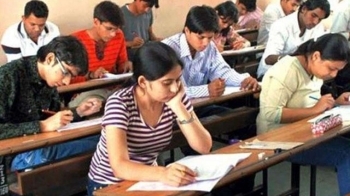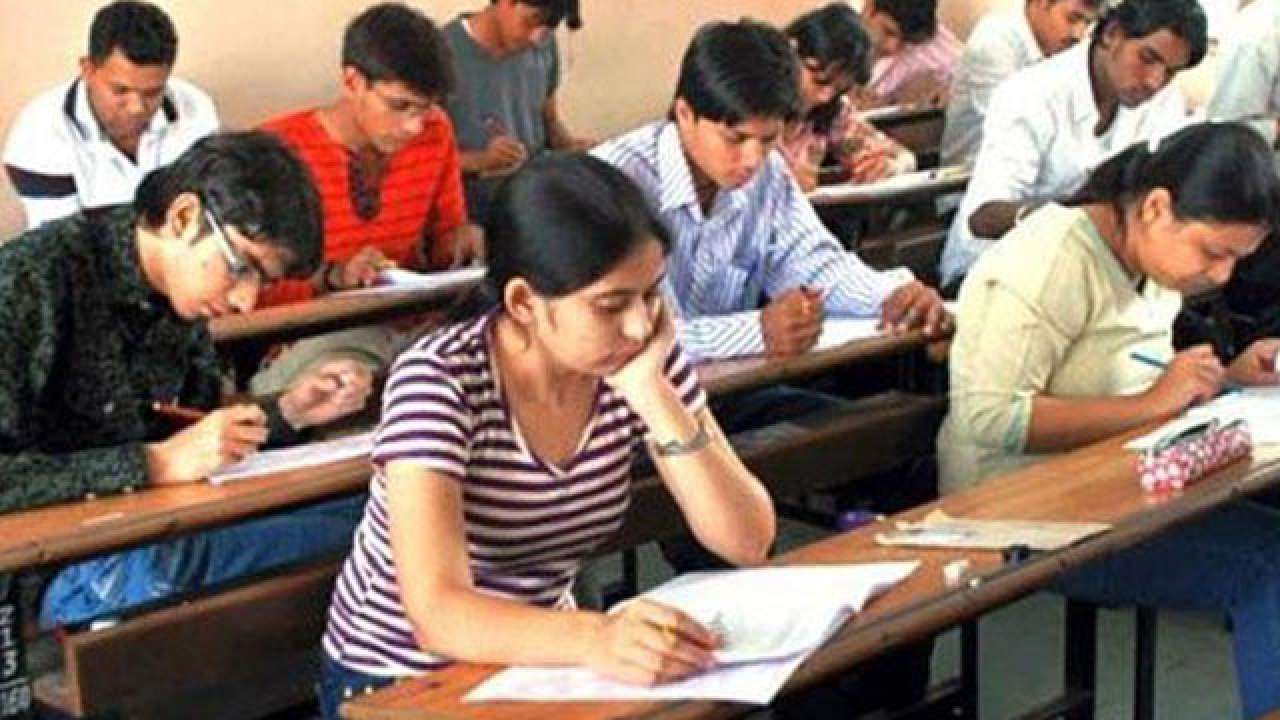
.png) Joseph Maliakan
Joseph Maliakan

The Common University Entrance Test (CUET) introduced in the current academic year for admission to various undergraduate courses in the 48 central universities diverges from the objectives of the 2020 National Education Policy (NEP). It also strikes at the very root of the autonomy of universities which is essential to ensure the healthy growth of study and research in special subjects and areas as described in detail in the New Education Policy.
In the name of creating a level-playing field for students of various state education boards, the Central Board of Secondary Education and the Indian School Certificate Examination (ISCE), the UGC’s unilateral and almost highhanded action, without proper consultation with the stakeholders, the students as well as the teachers, will adversely affect mostly the marginalized and poor sections of the student community.
The CUET, according to available information, will be based on the NCERT textbooks, which is controlled by the bureaucrats in the Education Ministry. A majority of schools in India do not use the NCERT textbooks; hence, students in a majority of schools will be at a disadvantage.
The chief beneficiary of the CUET, like in the case of other entrance examinations like NEET, JEE, and the like, will be the coaching industry which is flourishing in the country. The students who follow a syllabus other than the NCERT syllabus will have an added disadvantage, they will be forced to pursue two sets of syllabi as well as textbooks if they intend to sit both for the board examination and the CUET.
The UGC has not clarified how yet another computer-based test involving only multiple choice questions (MCQs) will make India’s education system “inquiry driven” and “discovery-oriented” as envisaged in the 2020 NEP. It is also not clear how one more objective type test will lead to critical thinking, the promotion of which is a major thrust area in the NEP.
In fact, the Tamil Nadu Assembly on April 11 passed a resolution demanding the Union Government to withdraw the proposal to conduct CUET for admission to undergraduate programes at central universities because it would “sideline the diverse school education system across the country.”
The state Assembly feels that any entrance examination based on the National Council for Education Research and Training (NCERT) will not provide an equal opportunity to all students who have studied state boards’ syllabi across the country, said the resolution moved by Chief Minister M. K. Stalin.
“In most states, the state board syllabus constitutes more than 80 percent of the total student population, and these students invariably hail from the marginalized sections. Hence an NCERT syllabus-based entrance examination would place this deserving majority in a disadvantageous position in securing admission in central universities,” the resolution added. Barring the BJP, the resolution was supported by all other parties.
The Assembly feels that in Tamil Nadu’s context this is likely to drastically reduce the number of students from the state in various central universities and affiliated colleges. CUET, like NEET, will sideline the diverse school education systems across the country and grossly undermine the relevance of overall development-oriented long form learning in schools, making students rely on coaching centers to improve their entrance examination scores, the resolution pointed out.
“The people of Tamil Nadu feel it will only favour further mushrooming of coaching centers. It is also felt that enforcing such an entrance examination along with regular schooling will lead to mental stress among the student community,” the resolution warned.
In other words, the introduction of CUET without analyzing the consequences will debar 80 percent of the student community in India from even attempting to join any undergraduate course in any central university. To complicate matters further, an Education Ministry official told the Indian Express on April 11 that while the NCERT syllabus “will form the base”, the National Testing Agency (NTA) has separately prepared the syllabus for the 27 domain subjects for the CUET. That is, the state board students, across the country, will have to struggle with three sets of syllabi to compete in the CUET!
In this context, what Professor Ramakant Agnihotri wrote (The Indian Express, April 16) is worth quoting. “The annual examinations, including the Class X and XII, are achievement oriented. So are all competitive examinations including the JEE, NEET and IISER, except they require a student to answer MCQs at reckless speed. The CUET will be no different. Tuition centers call the shots in the board examinations and coaching institutes play a big role in a student’s success in the competitive examinations. The focus here is again on practice and speed. They have neither the capacity nor the time for conceptual clarity or proficiency enhancement.
“The evaluation conducted in collaboration with students should constitute the basis for admission to any institution of higher learning. Based on this, the community of teachers at each institute of higher learning could hold interviews to admit the required number of students”.
In other words, the Education Ministry as well as the University Grants Commission will do well to let the universities to undertake their business of admissions without any outside interference. Universities should be free to design their courses and admission procedures and methods of evaluation.